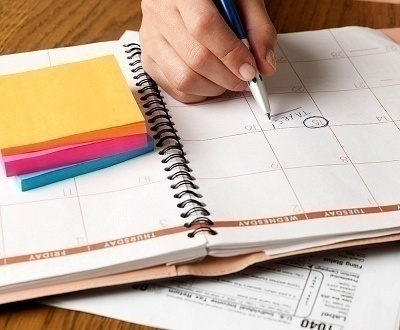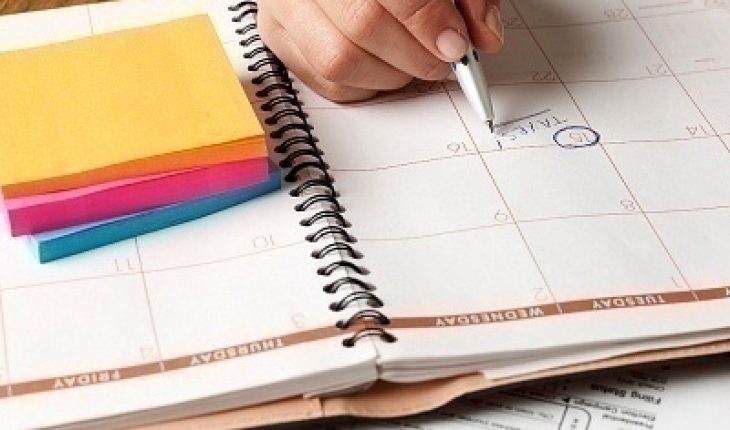Keeping personal records is absolutely necessary. How long you store them depends on the type of record or document. If you’re unsure, the following suggestions may help.
Tax Records
When it comes to 1099 forms, the minimum is three years. The same duration should be used for other paperwork that certifies you filed your income tax return. For the actual tax return forms, it should be stored permanently. W-2 payrolls and unemployment papers must also be kept enduringly.
Some people keep all records involving the IRS permanently. The reason is simple: if any of your documents are questioned, the burden of proof is on you. When it comes to keeping personal records, tax related documents should be at the top of the list.
Bank Records
The minimum time period is seven years. Again, some keep these documents for longer spells. If you’re making some financial transactions or getting a loan, these might be needed. For example, a lender might want to assess your credit standing.
Security Records
These pertain to mutual funds, stocks and other similar securities. Maintain them for as long as you possess the security. In particular hold onto records showing sales date, date bought and cost. Hang on to records of sold securities for at least four years just in case any tax issues come up.
Houses and Insurance
Don’t forget housing and insurance when keeping personal records. If you’re selling or buying homes, hold onto records of both. For insurance records, do the following: take pictures of all insured products. Store these pictures in a safe place. A deposit box is a good option.
Store the photos along with warranties and receipts for all these items. These need to be in your possession as long as the product is yours.
ATM and Credit Statements
The minimum period for credit cards is three months. For ATM receipts, hold onto everything until your bank records are balanced. Dispose of them when the balance is right.
Medical Insurance
Five years is the minimum period. Don’t just keep the insurance papers. If you’re going to be keeping personal records, hold onto everything. These include prescriptions and premium statements. Don’t forget the doctor’s bills.
Other Records to Keep
For home insurance, the recommended time period is five to ten years. Some keep them for longer periods. Some people also keep pay stubs. These really aren’t necessary though. Just keep the latest one. The exception is when you’re refinancing a mortgage; in this case, keep the pay stubs from the last few months.
IRA and 401k records should be stored permanently. The only
exceptions are those notices, reminders etc. They are not essential. For home repairs, keep them for as long as you possess the item. It might be needed in case you claim insurance.
Unless you think it’s very important, keep only the last three months of the utility bills.
Keeping personal records can be a hassle. These papers add up, and sorting through them can be tedious. But you’ll be thankful in case these documents become necessary.

